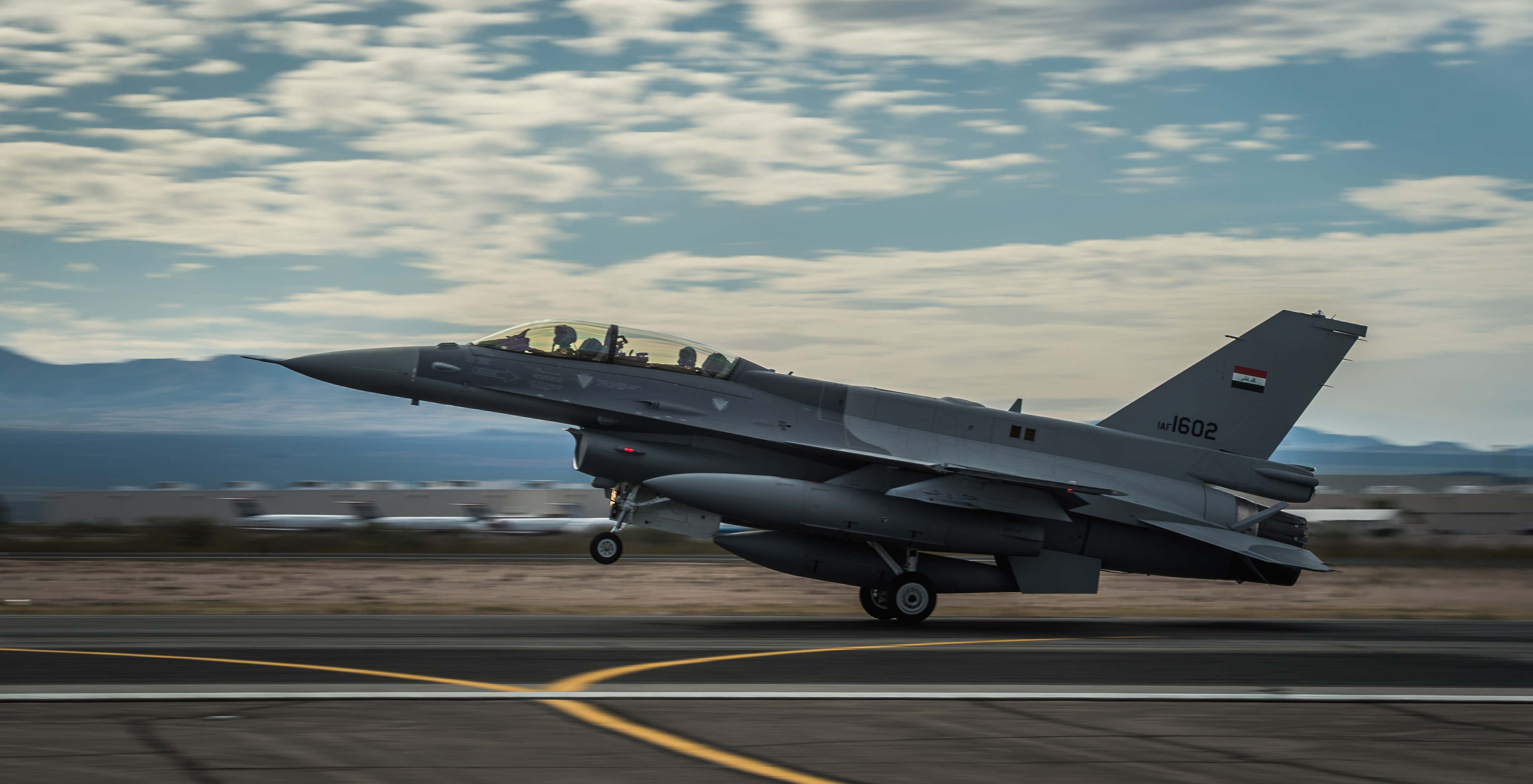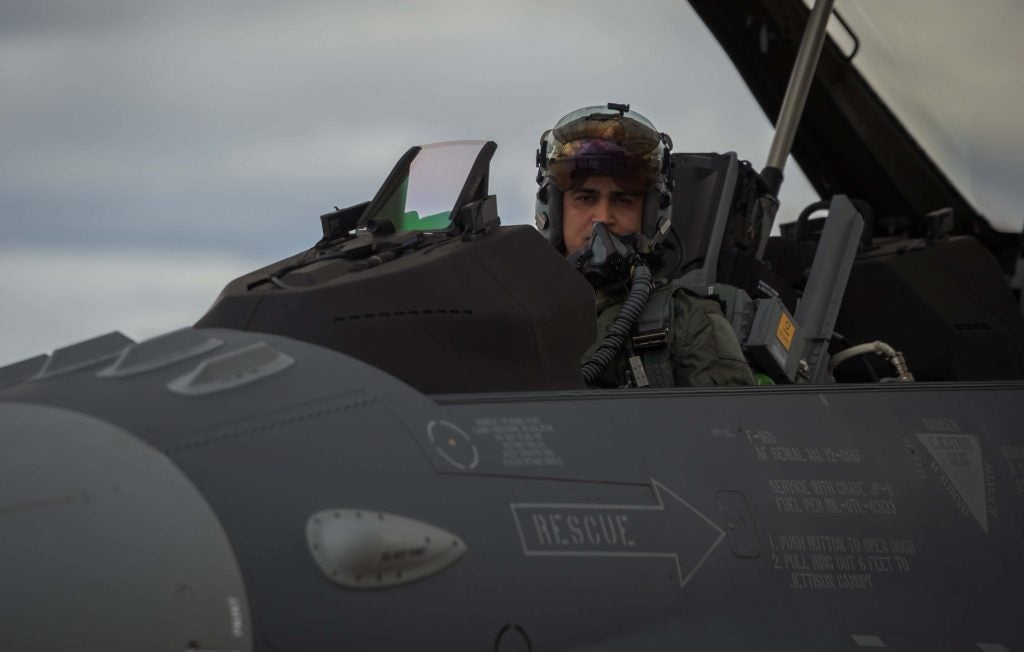Will Iraq Exchange Its F-16s for MiG-29s?
The recent withdrawal of the F-16IQ from airstrikes against Islamic State forces suggests that there are some major issues with the Lockheed Martin planes currently in service with the Iraqi Air Force. It has been speculated that the reasons for such a move are financial, with ongoing problems within Iraq’s national treasury, a high rate of corruption, and rising tensions between Baghdad and Washington.

U.S. Air Force Senior Airman Jordan Castelan
It is indeed troublesome as the jets used by the Iraqi Air Force are relatively new. However, the report based on an investigation of the current state of the Iraqi F-16 fleet suggests that the situation is terrifying, with an estimated 20% of all F-16s being airworthy. It appears that poor maintenance and mismanagement are to blame for such a state. Besides that, cannibalization of parts from other aircraft paralyzes the combat capability of the Iraqi F-16 fleet.
The recent drop in the oil prices and the COVID-19 pandemic have prevented the government in Baghdad from making any additional funds available for defense spending. Budget cuts have been inevitable and unfortunately, Iraq’s cooperation with Lockheed Martin was one of the victims of funds shortage which resulted in a lack of spare parts for the F-16s. Additionally, the Iranian strikes against US bases conducted in January 2020 resulted in Lockheed Martin pulling out its contractors, leading to a very restricted presence of specialists able to conduct routine inspections of the planes on the ground.

Issues with the Washington-Baghdad partnership began to worsen with the assassination of Qasem Soleimani, roughly a year ago. Iraq began military cooperation with the Russian Federation back in 2016, with deliveries of Mi-28, Mi-35 attack helicopters, and Pantsir-S1 A2/AD systems. Recently, Iraq has begun to look at the possibility of purchasing MiG-29s from Russia. However, this would require the sale of existing F-16s to create space in the Iraqi defense budget. In order to do this the Iraqis would have to find a potential buyer in the first place which seems unlikely to happen.
In the end, the Iraqi Air Force remains in a desperate state with its F-16 fleet dependant on US military aid and ground specialists. It is fair to assume that the already existing problems will only deepen and new ones will occur if substantial fund aren’t found and structural changes are not implemented within Iraq’s military administration.

